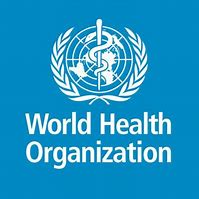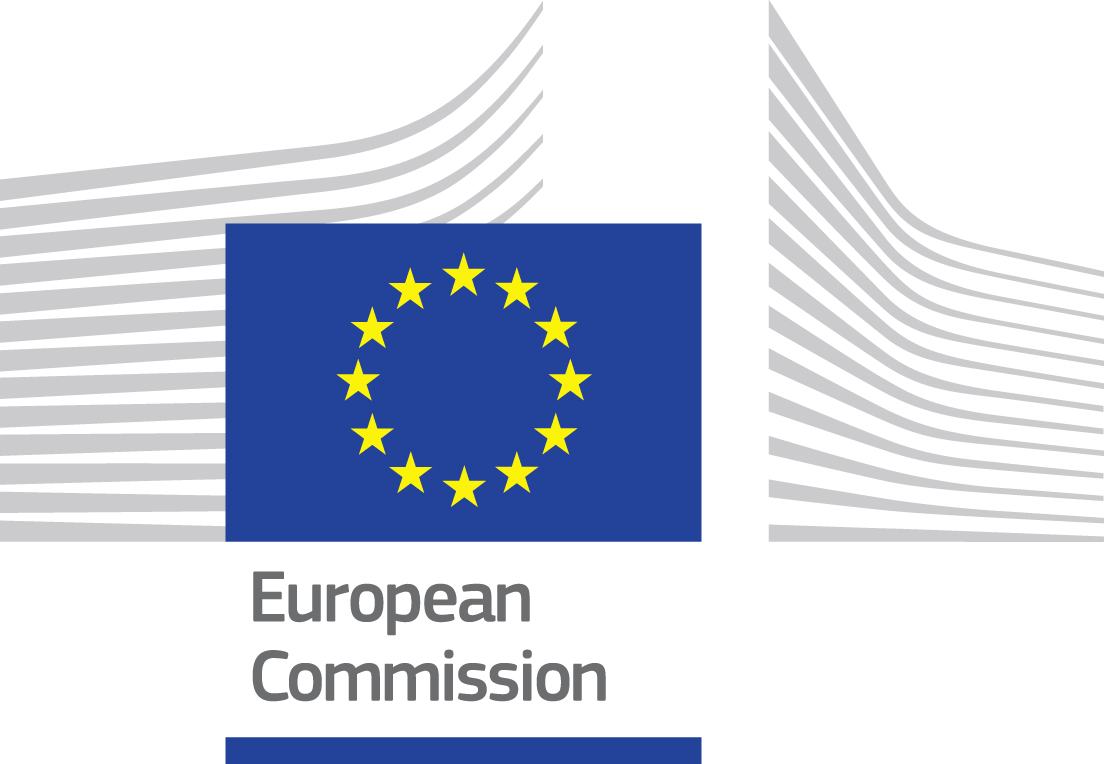Vaccination: European Commission and World Health Organization join forces to promote the benefits of vaccines


Today, the European Commission and the World Health Organization (WHO) are co-hosting the world’s first Global Vaccination Summit in Brussels. The aim is to accelerate global action to stop the spread of vaccine-preventable diseases, and advocate against the spread of vaccine misinformation worldwide.
Jean-Claude Juncker, President of the European Commission, said: “It is inexcusable that in a world as developed as ours, there are still children dying of diseases that should have been eradicated long ago. Worse, we have the solution in our hands but it is not being put to full use. Vaccination already prevents 2-3 million deaths a year and could prevent a further 1.5 million if global vaccination coverage improved. Today’s summit is an opportunity to address this gap. The Commission will continue to work with the EU’s Member States in their national efforts and with our partners here today. This is a global challenge we must tackle together, and now.”
Dr Tedros Adhanom Ghebreyesus, Director-General of the World Health Organization, said: “After many years of progress, we are at a critical turning point. Measles is resurging, and 1 in 10 children continues to miss out on essential childhood vaccines. We can and must get back on track. We will only do this by ensuring everyone can benefit from the power of vaccines – and if governments and partners invest in immunization as a right for all, and a social good. Now is the time to step up efforts to support vaccination as a core part of health for all.”
Opening the summit, President Juncker and Dr Tedros called for an urgent intensification of efforts to stop the spread of vaccine-preventable diseases such as measles. In the past 3 years, 7 countries, including 4 in the European region, have lost their measles elimination status. New outbreaks are the direct result of gaps in vaccination coverage, including amongst teenagers and adults who were never fully vaccinated. To tackle vaccination gaps effectively, the summit addressed the multiple barriers to vaccination, including rights, regulations and accessibility, availability, quality and convenience of vaccination services; social and cultural norms, values and support; individual motivation, attitudes, and knowledge and skills.
The European Commission and the World Health Organization also urged for strong support of GAVI, the Global Vaccine Alliance. GAVI plays a critical role in achieving the global vaccine goals in the world’s least-resourced countries.
New models and opportunities for stepping up vaccine development are also on the Global Vaccination Summit agenda, as well as ways to ensure that immunisation is a public health priority and a universal right.
Background
The WHO has declared vaccine hesitancy, including complacency and lack of confidence and convenience, one of ten threats to global health in 2019. Vaccines are safe and effective, and are the foundation of any strong Primary Health Care system.
Worldwide, 79% of people agree that vaccines are safe and 84% agree that they are effective, according to the Welcome Global Monitor on how people around the world think and feel about science and major health challenges. Yet, the State of Vaccine Confidence in the EU report shows that vaccine refusal has been increasing in many EU member states linked to low confidence in the safety and effectiveness of vaccines worldwide. This lack of confidence contributes significantly to lower coverage rates, which are essential to ensure herd immunity and are leading to increases in disease outbreak.
According to a Eurobarometer from April this year, almost half of the EU public (48%) believes that vaccines can often produce serious side effects, 38% think they can cause the diseases against which they protect and 31% are convinced that they can weaken the immune system. These figures are also the result of an increased spread of disinformation about the benefits and risks of vaccines through digital and social media.
So far in 2019, reported measles cases have reached the highest numbers seen globally since 2006. A surge in measles cases that began in 2018 has continued into 2019, with approximately 90 000 cases reported for the first half of the year in the WHO European Region alone and over 365 000 worldwide. These half-year figures already exceed each annual total since 2006.
Progress towards Universal Health Coverage and ultimately Goal 3 of the Sustainable Development Goals – Ensuring healthy lives and promoting wellbeing for all at all ages –are priorities in Europe and around the world. WHO, its Member States, and the European Union have taken bold steps to address the immunization gaps that offer an open door to any vaccine-preventable disease. The activities set in motion by the WHO European Vaccine Action Plan, the Council Recommendation on strengthened cooperation against vaccine-preventable diseases, and the European Union’s Joint Action on Vaccination have far-reaching consequences for health systems and communities.
For More Information
Ten actions towards vaccination for all
Special Eurobarometer 488: Europeans’ attitudes towards vaccination
Council Recommendation on strengthened cooperation against vaccine-preventable diseases
WHO:
Immunization coverage fact sheet
WHO vaccine policy recommendations